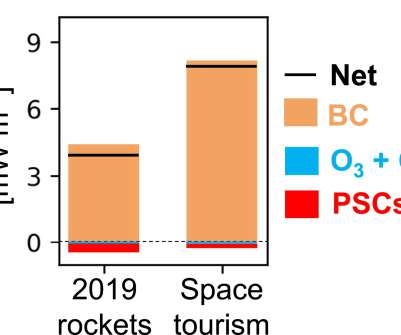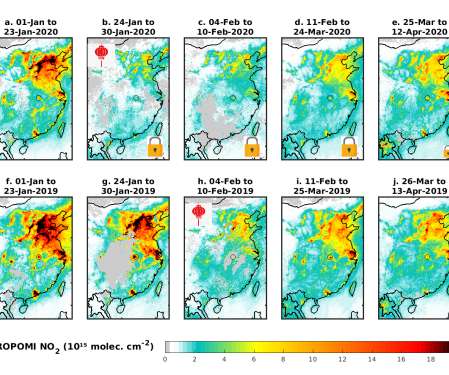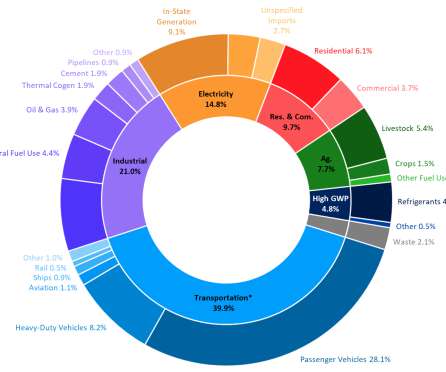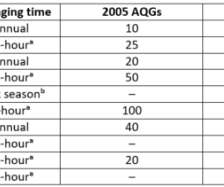UCL-led study finds climate impact caused by growing space industry needs urgent mitigation
Green Car Congress
JUNE 26, 2022
The rapidly growing space industry may have a greater climate effect than the aviation industry and undo repair to the protective ozone layer if left unregulated, according to a new study led by UCL and published in the journal Earth’s Future as an open-access paper. —Ryan et al. —Ryan et al.






































Let's personalize your content